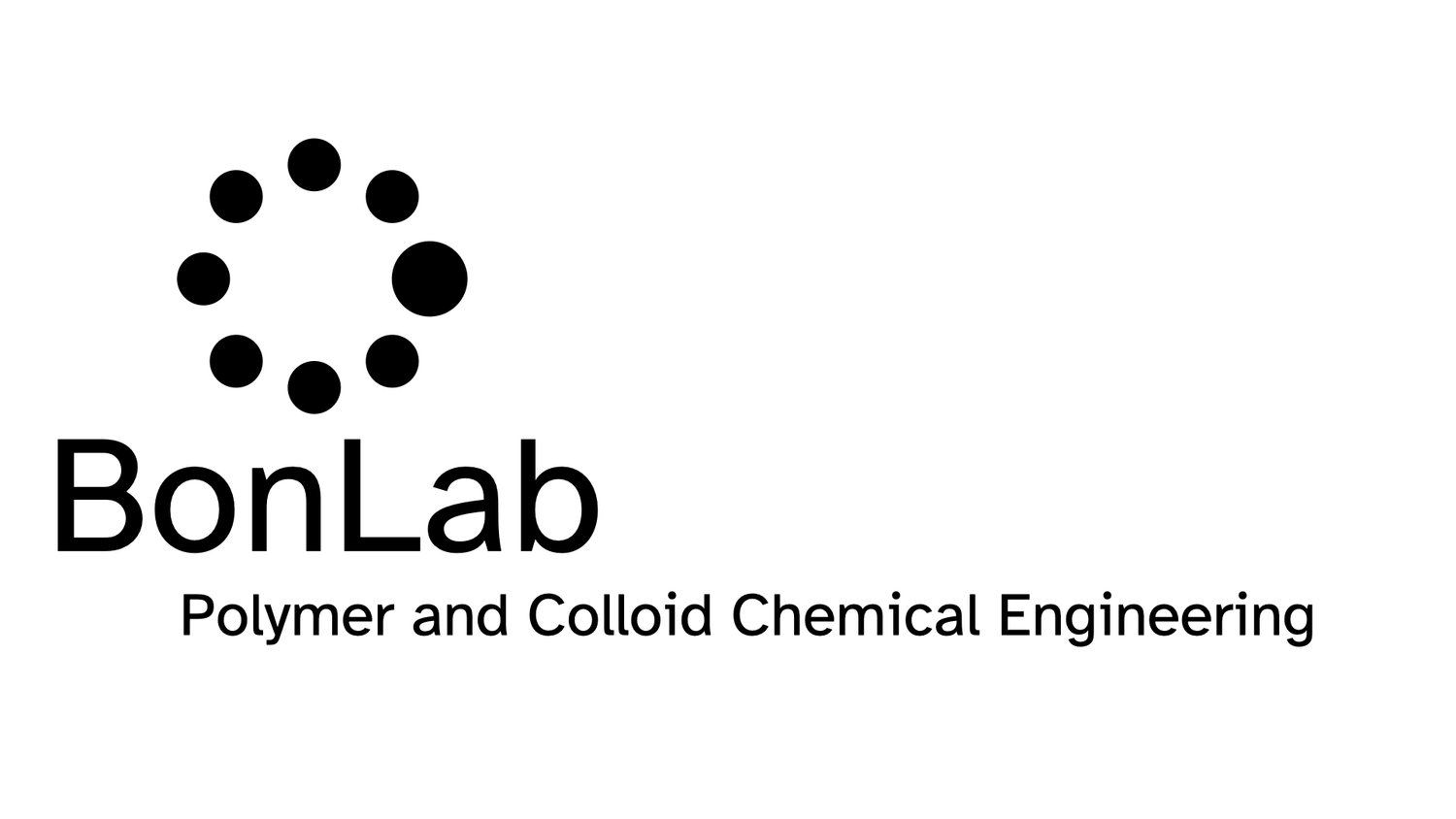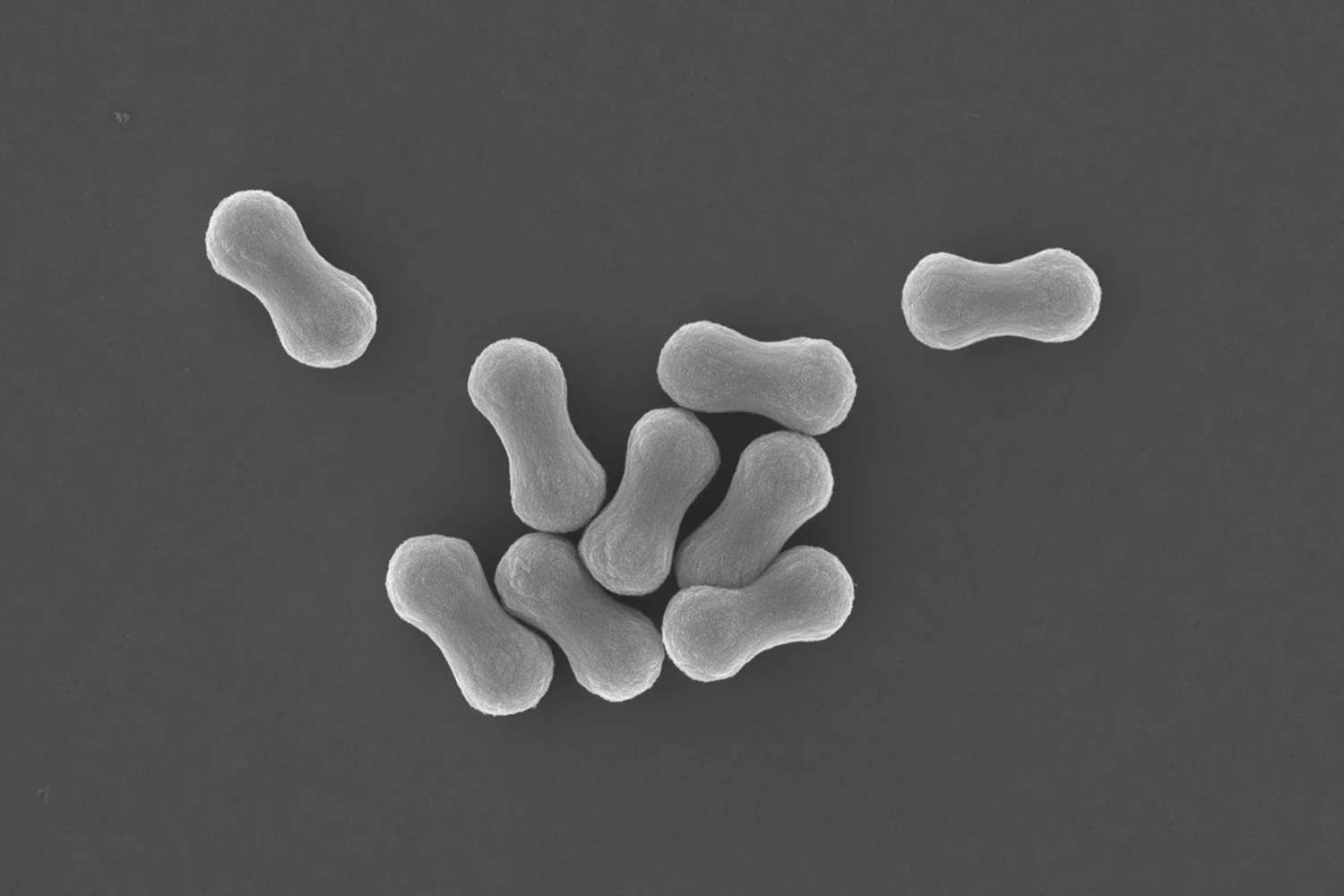2 PhD Studentships
Polymer and Colloid Chemical Engineering
Department of Chemistry
The University of Warwick (http://www.go.warwick.ac.uk/chemistry).
You will be working in the research group of prof.dr.ir. Stefan A. F. Bon, the BonLab (http://www.bonlab.info), on an exciting 4 year project in collaboration with industry in the area of polymer and colloid science. We study the chemistry and physics of colloidal systems in which molecular and/or colloidal entities can be assembled into more complex supracolloidal structures, with the aim to produce innovative advanced materials . Each project will span synthesis of particles and macromolecules with a design tailored to provide function, the development of methods to (self)-organise colloidal matter, and the fabrication and characterization of advanced colloidal materials of use in a variety of industrial applications.
Enquiries, which should include a CV with the names of two referees, should be made to prof.dr.ir. Stefan A. F Bon (s.bon@warwick.ac.uk)
Requirements:
An eligible student must hold, or be predicted to obtain, at least a 2.1 4-year degree in Chemistry, Chemical Engineering, Physics, or an equivalent scientific discipline. Exceptional students with a 3 year BSc degree only will be considered. This studentship is open to UK and EU nationals and those of equivalent status* (fees paid, plus annum stipend). Availability is for 4 years beginning on 1st October 2016.
*Please note - ELIGIBILITY - We can only offer the stipend to UK citizens who have lived in the UK for over 3 years (e.g. as a student), or EU nationals. Applicants from outside the EU are not eligible for this post due to restrictions on funding.

